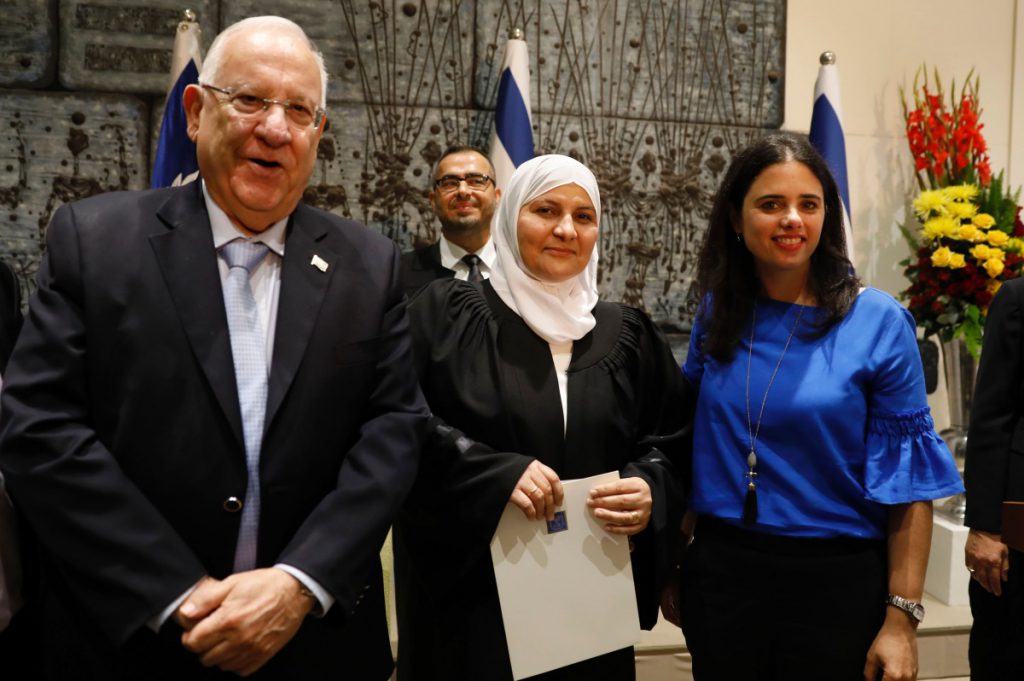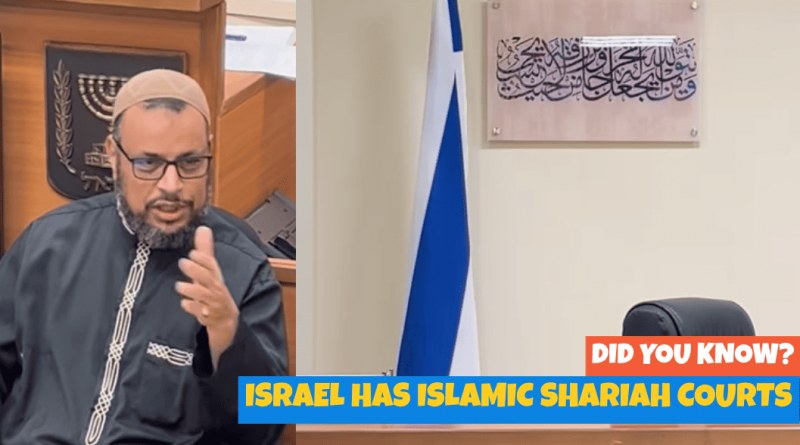Did You Know Israel Has Official Islamic Shariah Courts?
While the institution maintains Islamic character, it is deeply embedded within the Israeli state system.
In the heart of Israel’s diverse legal system lies a remarkable institution: the Shariah courts. Far from being relics of history, these courts remain active and relevant today, quietly handling personal matters for the country’s 1.7 million Muslim citizens. They represent not only legal pluralism, but also the careful balancing act between faith, law, and national identity in a complex society.
Ottoman Roots in a Modern Nation
Shariah courts in Israel trace their origins back to the Ottoman Empire, when Islamic law governed personal status matters for Muslims in the region. The British Mandate preserved the system, and rather than dismantling it after the formation of the State of Israel in 1948, the new government incorporated it into its judiciary. Today, these courts are fully recognized under Israeli law and function under the Ministry of Justice.
There are currently nine regional Shariah courts across the country, with a Supreme Shariah Court headquartered in Jerusalem. These courts have jurisdiction over personal status issues such as marriage, divorce, child custody, alimony, inheritance, and burial for Muslim citizens.
Functioning Inside the Israeli Legal Framework
Muslim citizens of Israel can voluntarily use the Shariah courts to resolve family matters in line with Islamic tradition. Qadis (judges) appointed to these courts must be trained in both Shariah and Israeli civil law. Their rulings are legally binding and enforceable like any other court decision in the country.
While the institution maintains Islamic character, it is deeply embedded within the Israeli state system. This integration creates a unique dynamic — one which is both accepted and questioned by segments of the Arab Muslim community and Israeli society at large.
Influencer Shareef Safadi Sheds Light on Tel Aviv’s Shariah Court
Popular Arab-Israeli influencer Shareef Safadi, known for his educational and cultural commentary, brought the Shariah court in Tel Aviv into public focus through a now-viral video filmed in Jaffa. His commentary offers both humor and insight into how these courts operate in contemporary Israel.
“Today we are in the Sharia court in Tel Aviv,” he begins. “Yes, a Sharia court in Tel Aviv — or more specifically in Jaffa.”
Safadi explains the court’s primary role, “Now the Sharia court deals mainly with Islamic civil matters such as marriages, divorces, inheritance, and so on and so on.”
He adds a historical twist, pointing to the building’s past, “This house belonged to a Palestinian Christian family who fled during the war of 1948 during the Nakba. It was later used by the Israeli military, and then it was abandoned — and then after that, it became the Sharia court.”
In a reflective tone, he touches on symbolism and political nuance, “This court is part of the Israeli judicial system and therefore it has to have an Israeli flag. But when Arabs have to put the Israeli flag in governmental institutions, they fold it so the flag isn’t shown that much — as you can see in this court.”
Safadi’s video, layered with subtle commentary and cultural sensitivity, underscores the balancing act Muslim institutions in Israel navigate — functioning under a Jewish state while retaining a distinct religious and communal identity.
A Landmark Moment: The First Female Judge
In a historic development, Hana Khatib became Israel’s first female judge in the Shariah court system in 2017 — a watershed moment in a traditionally male-dominated domain. Appointed after a rigorous process, Khatib, a lawyer and expert in family law, broke significant barriers and became a symbol of evolving gender dynamics within Islamic jurisprudence in Israel.

Her appointment was widely celebrated among Arab-Israeli civil society and cautiously welcomed by religious authorities. For many Muslim women, Khatib’s presence in the courtroom provided a sense of representation and greater confidence in seeking justice through the Shariah courts.
Between Tradition and Modernity
For Muslim communities across Israel — from Nazareth to Rahat — the Shariah courts remain a vital thread in preserving religious identity within a modern, pluralistic state. Elders, imams, and family advocates continue to guide families in navigating these courts, ensuring that age-old traditions meet the demands of modern legal systems.
And while challenges persist — particularly around gender equity and modernization — the Shariah courts of Israel stand as a unique example in the region. They blend faith and law in a way that few other Middle Eastern states manage, allowing Muslims in Israel to live their personal lives in accordance with Islamic values — without stepping outside the bounds of the state.
In a nation often framed through the lens of conflict, the Shariah courts offer a quieter but profound story: of adaptation, coexistence, and continuity.


